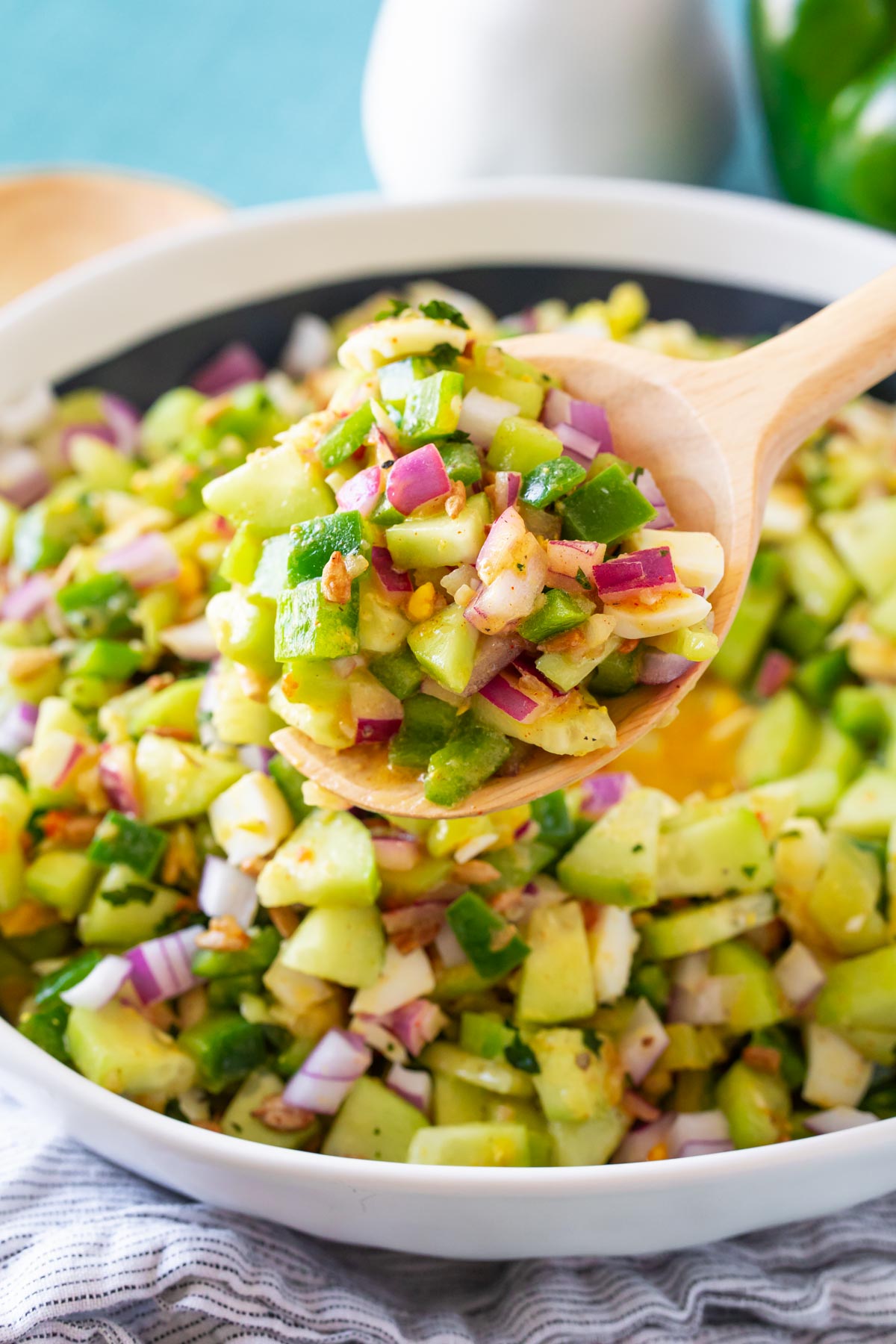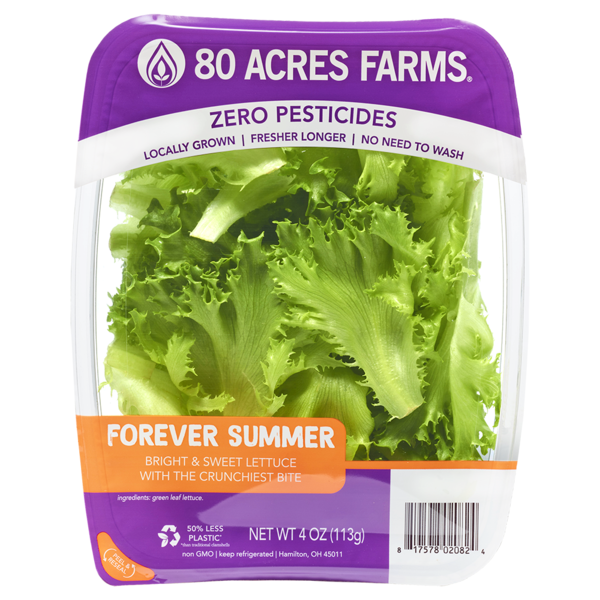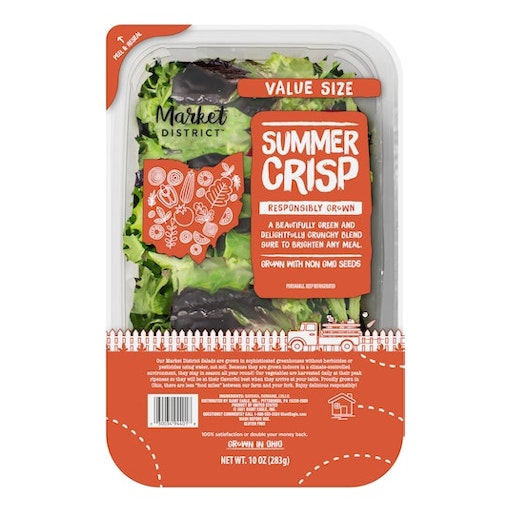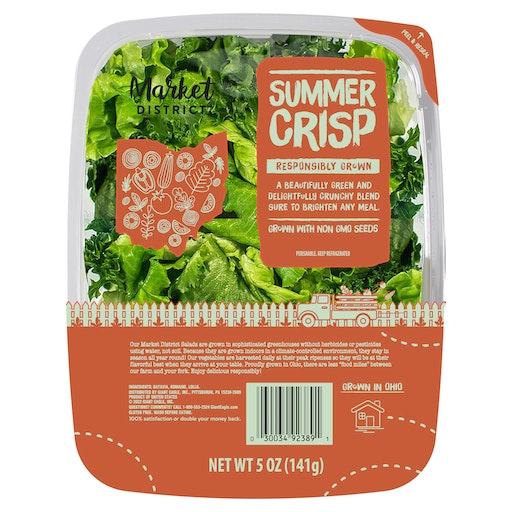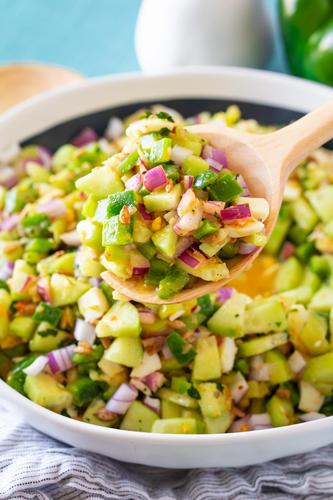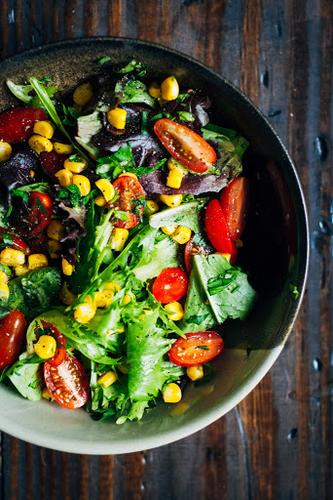Summer Salad
A summer salad is the perfect embodiment of light, fresh, and nutritious eating during the warmer months. Often packed with a colorful array of seasonal fruits and vegetables, it features a lively mix of tastes and textures - crisp lettuce, juicy tomatoes, sweet bell peppers, crunchy cucumber, and more.
This dish is not only appealing for the eyes but also loaded with essential vitamins and antioxidants that benefit your health. It can be easily personalized with your favorite ingredients or dressings, making it a versatile side dish or a light main course for any summer meal.
39%
CARBS
48%
FAT
13%
PROTEIN
Featured Articles
14 Summer Salad Products
20 Recipes for Summer Salad
3
Smoky Summer Salad with Lime-Crusted Salmon
44
Hot Girl Summer Salad
2
Summer Salad with Homemade Salad Dressing
16
Summer Abundance Salad.
Light Summer Salad with Oranges, Cherries, and Fresh Herbs
1
Summer Garden Salad w/ Sweet Corn, Tomatoes + Herbs
3
Easy Summer Salad with Roasted Veggies
1
Summer Salad with Bacon Wrapped Peaches
Summer Salad FAQ
What is a summer salad?
What ingredients do I need to make a summer salad?
How do I prepare the ingredients for a summer salad?
What dressing should I use for a summer salad?
Can I make substitutions to the ingredients in a summer salad?
How can I prevent my summer salad from getting soggy?
Can I make a summer salad in advance?
What are some tips for making a delicious summer salad?
Expiration & Storage Tips
When does Summer Salad expire?
A homemade Summer Salad typically lasts about 3-5 days in the refrigerator. The expiry can depend on the ingredients used. If your salad includes animal-based products like chicken or cheese, those elements may spoil before the vegetables. If it's a store-bought salad that's still sealed, it should last until the printed date on the package; once opened, strive to consume it within 2 days for optimum freshness.
How do you tell if Summer Salad is bad?
Checking if your Summer Salad has spoiled involves a simple sensory evaluation. Look for changes in color; greens turning to an off-color brown and vibrant vegetables looking dull can be signs it's past its prime. Feel the salad. If the leaves feel slimy or excessively soft, it's likely spoiled. Lastly, smell it. If the aroma is off or sour, it's time to toss it.
Tips for storing Summer Salad to extend shelf life
• Always refrigerate your Summer Salad. A temperature below 40°F helps slow bacterial growth.
• If the salad includes dressing, consider storing it separately. The ingredients will last longer if they don't sit in dressing the whole time.
• Store your salad in an airtight container. Exposure to air can accelerate bacteria growth and spoilage.
• Consider storing the salad in a glass over a plastic container. It can help keep the salad fresher for longer.
• If you're packing a salad for lunch, consider using an insulated lunch box with a small ice pack.
Health Info
Macros
21g
CARBS
25g
FAT
7g
PROTEIN
Allowed on these diets
LOW FAT
HIGH CALCIUM
VEGETARIAN
MEDITERRANEAN
LACTOSE FREE
GLUTEN FREE

